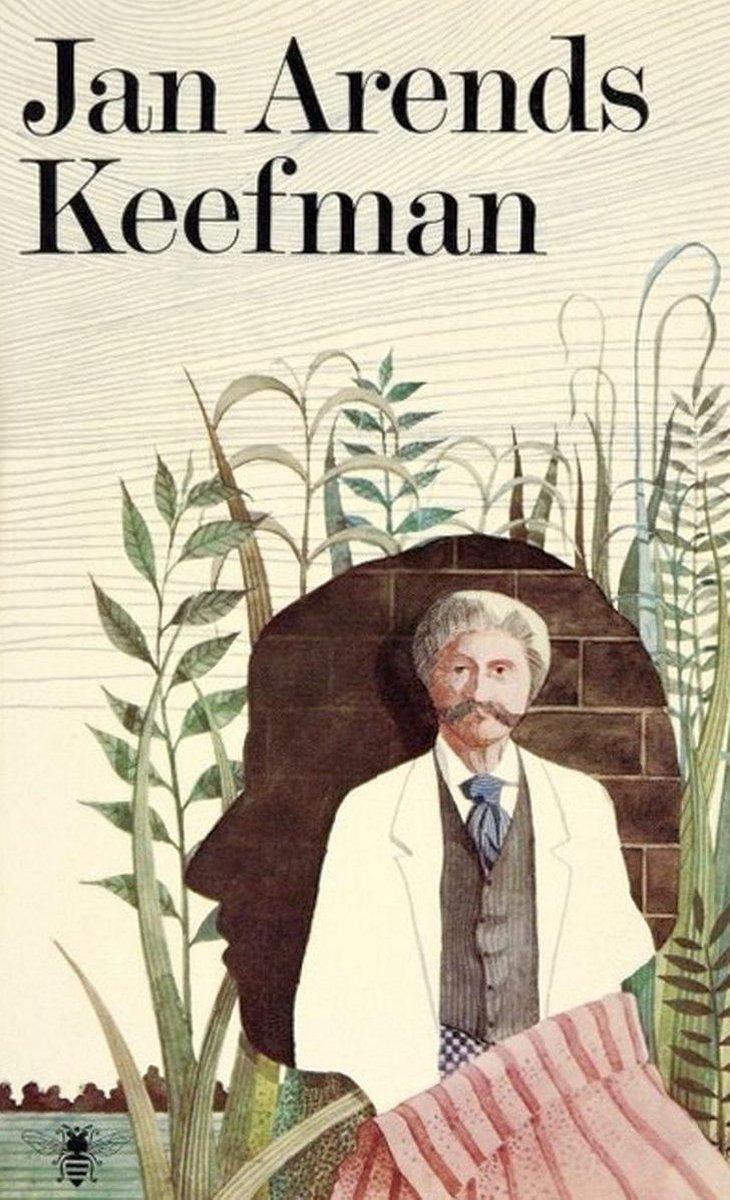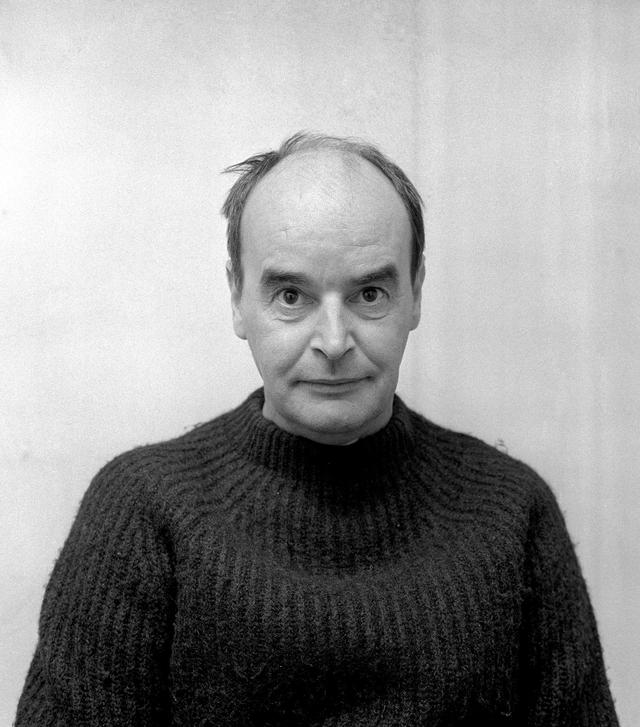Keefman
Jan Arends was a gifted poet and writer of short stories but also an alcoholic and a sociopath who spent much of his short life in psychiatric care. These aspects of his complex personality come together brilliantly in 'Keefman', a collection of short stories published in the heyday of the anti-psychiatry movement. It has since become a literary classic.

The book consists of two extended narratives and eleven shorter pieces, almost all focusing on characters who walk the thin line between madness and normality. The elderly man in ‘The Suicide’ pretends to hang himself so that he can be admitted to an asylum to escape his domineering wife. In ‘The Newspaper Eater’ the protagonist subjects himself to humiliation at the hands of a couple he regards as his friends. Mr Koopman in ‘The Breakfast’ tries to flee the squalor of a psychiatric clinic by climbing up a tree.
The two longer stories are also the most powerful. ‘Bedsit Bachelor’ is an office clerk’s disturbing account of a descent into poverty and degradation when in the grip of depression. The title story ‘Keefman’ takes the form of six monologues in which a patient rails against his doctor. Keefman is angered by society’s intolerance of mental illness and regards psychiatrists as the extension of an uncaring regime. He accuses doctors of refusing to listen even though ‘people with a psychiatric disorder have an even greater need to be understood than others’. Instead, those in genuine need of treatment are locked up along with the dregs of society and strapped into straitjackets to keep them under control.
Keefman’s angry tone of voice is clearly unbalanced yet there is no denying the truth in his embittered attack on the system. Almost fifty years on, conditions in most psychiatric institutions have changed considerably but Arends’ literary plea to treat the patient as a human being remains as topical and relevant as ever.
Books such as 'Keefman' are few and far between. In my view the Nobel Prize would not be too great an honour for an entire oeuvre as good as the title story or a story such as ‘Bedsit Bachelor’.
Rudy Kousbroek
This is prose that inflicts pain. It moves you and, most important of all, it stays with you. […] 'Keefman' should be compulsory reading for every aspiring psychiatrist.
Thomas Heerma van Voss in De Correspondent
